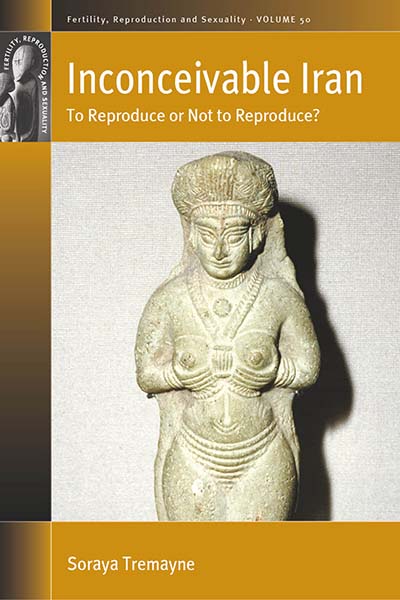International Union of Anthropological and Ethnological Sciences
Commission on Anthropology of the Middle East
Fortitude in Face of Turmoil, 4-6th September, 2024
Institut Francais d’Etudes Anatolienne
Istanbul, Turkey
Chair: Soheila Shahshahani
Executive Secretary: Magdalena Rodziewicz
Regional Representatives:
Soraya Tremayne & Christian Bromberger: Europe
Mary Hegland: United States and Canada
Paulo Pinto: South America
Tomoko Yamagashi: East Asia
List of Panels
Please submit your proposals to the panel chairs, with a copy to soheilairan@gmail.com and mrodziewicz@uw.edu.pl.
Panel 1: Gift-Giving and Exchange: Perspectives from Cultural and Economic Anthropology
Chairs: Anne H. Betteridge (anneb@arizona.edu) & Hsain Ilahiane (hsain@arizona.edu)
& Hania Sholkamy (hanias@aucegypt.edu)
Panel 2: Ethnographic Encounters with Nonhuman Actors in the Middle East
Chair: Nahal Naficy (nahalnaficy1400@gmail.com)
Panel 3: Sports in the Middle East
Chair: Christian Bromberger (brombergerchristian8@gmail.com)
Panel 4: Food on the Move: Home, Belonging and Resilience
Chairs: Susan Rottman (susan.rottmann@ozyegin.edu.tr)
& Zeynep Yilmaz Hava (zeynepyilmazhava@gmail.com)
Panel 5: Shifting Social Landscapes: Legacy of Migration in the Middle East
Chair: Seyed Abdolreza Hosseini (abdr.hosseini@gmail.com)
Panel 6: We are Moving Back …’ – Researching Internal Migration in the Middle East
Chair: Danila Mayer (danila.mayer@hotmail.com)
Panel 7: Ethno-History of the Middle East and Central Asia
How Can We Write Ethnohistory of the Middle East in the 21st Century?
Chair: Fakhri Haghani (the.fakhrih@gmail.com)
Representatives of Soviet Colonizers, Rescuers of Local Cultures, and Ethnographers
Chair: Anna Cieślewska (acieslewska@gmail.com)
Panel 8: Tourism and Tourists in the Middle East
Chair: Amir H. Moghaddam (moghaddames@umz.ac.ir)
Panel 9: Gender, Religion, Sexuality and Identity
Chair: Soraya Tremayne (soraya.tremayne@anthro.ox.ac.uk)
Panel 10: Anthropology of Telegram Societies: Exploring Religion and Gender in Central Asian Telegram Channels
Chair: Rano Turaeva (Rano.Turaeva@lmu.de)
Panel 11: Power and Iranian Women: A Narrative of Lived Powerlessness
Chair: Saman Taheri (samantaheri76@yahoo.com)
Panel 12: Reinventing Rituals: Changing Sacred Meanings and Practices
Chairs: Paulo Pinto (Philu99@gmail.com) & Gisele Fonseca Chagas (giselechagas@id.uff.br)
Panel 13: Visual Anthropology
Panel 14: Research in Progress
Chair: Soheila Shahshahani (soheilairan@gmail.com)

